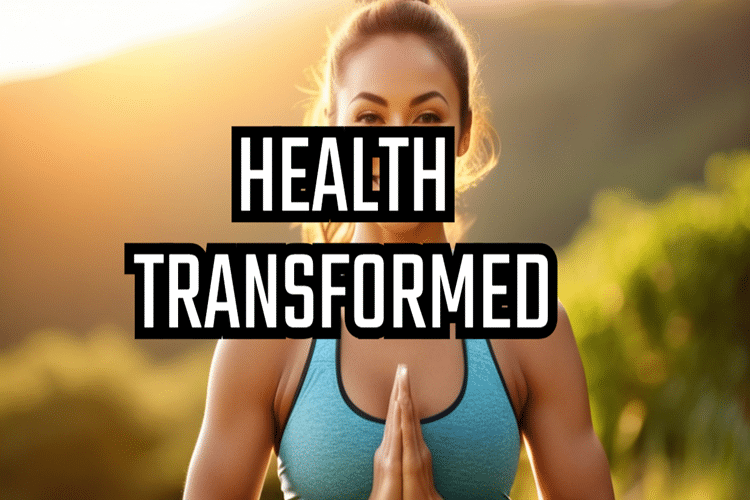
Probiotics + Baby Gut Health: What You Need To Know
Probiotics help your gut by introducing live beneficial bacteria. You may have taken probiotics for a number of digestive issues or just to maintain your health, but did you know that they are also beneficial for babies? Some companies specifically make probiotics for one-year-olds or other age groups. This is what you should know.
Table of Contents
- Baby Gut Health: What You Need To Know
- Do Babies Need To Take Probiotics?
- How Do Probiotics Help With Gut Health?
- What Are Some Other Benefits of Probiotics for Infants?
- What Are Some Foods That Are Rich in Probiotics?
- When Shouldn’t You Give Your Child Probiotics?
- What’s the Difference Between Probiotics and Prebiotics?
- When Are Prebiotics Necessary?
Baby Gut Health: What You Need To Know
Do Babies Need To Take Probiotics?
If you are breastfeeding, your baby is receiving prebiotics and probiotics through your breast milk. However, if you are not breastfeeding, your infant is not receiving these beneficial bacteria and fibers. However, you can supplement these microorganisms and beneficial fibers. In addition, when you stop breastfeeding, consider adding these supplements to your baby’s bottles and foods.
How Do Probiotics Help With Gut Health?
Probiotics are commonly used to treat diarrhea, inflammatory bowel disease, enterocolitis, constipation, diverticulitis, urinary tract infections, and other conditions that impact gut health. This should relieve pain and pressure in your infant’s digestive system and get it working properly, so they maintain regular bowel movements.
What Are Some Other Benefits of Probiotics for Infants?
Babies should take probiotics because these microorganisms actually help their immune systems. They are incredibly beneficial for gut health as well as atopic diseases and infections. They can also address skin conditions, such as acne, and breathing conditions, such as allergic rhinitis, respiratory infections and asthma. These supplements improve dental health, including preventing periodontal disease and tooth decay.
Probiotics can be found in your child’s skin, mouth, lungs, genitals, and urinary tract in addition to his or her gut. Therefore, they help other areas of the body as well.
What Are Some Foods That Are Rich in Probiotics?
Many everyday foods contain probiotics. For example, if your child is eating solid foods, consider adding yogurt, cheese, buttermilk, sourdough bread, fermented pickles, kefir and unpasteurized sauerkraut to their diet. You can add them to your diet as well, especially if you are still breastfeeding.
You may also add probiotic drops or powder to your child’s formula if they are not eating solid food.
When Shouldn’t You Give Your Child Probiotics?
If your child has a weakened immune system or another serious condition, you should avoid giving them probiotics. In addition, avoid probiotics after a recent surgery.
Also, although these supplements tend to be safe and don’t have a lot of side effects, they look for systemic infections, overstimulation of the immune system, gene transfers, and metabolic difficulties.
What’s the Difference Between Probiotics and Prebiotics?
At some point, you have probably asked, “What is the difference between prebiotics and probiotics?” While probiotics provide live, good bacteria, prebiotics is fibers that encourage probiotic bacteria growth within the digestive system. High-fiber foods, such as oats, peas, beans, onions, berries, bananas, artichokes, asparagus, whole grains and apple skins, are great sources of prebiotic fibers.
When Are Prebiotics Necessary?
Babies that are breastfed receive their prebiotics from breast milk. However, if you are not breastfeeding your infant, you may consider baby prebiotics. These supplements provide the fiber necessary to promote the health and distribution of beneficial bacteria.
Learn more about the benefits of prebiotics and probiotics. Consult your pediatrician before adding dietary supplements to your child’s regimen.






